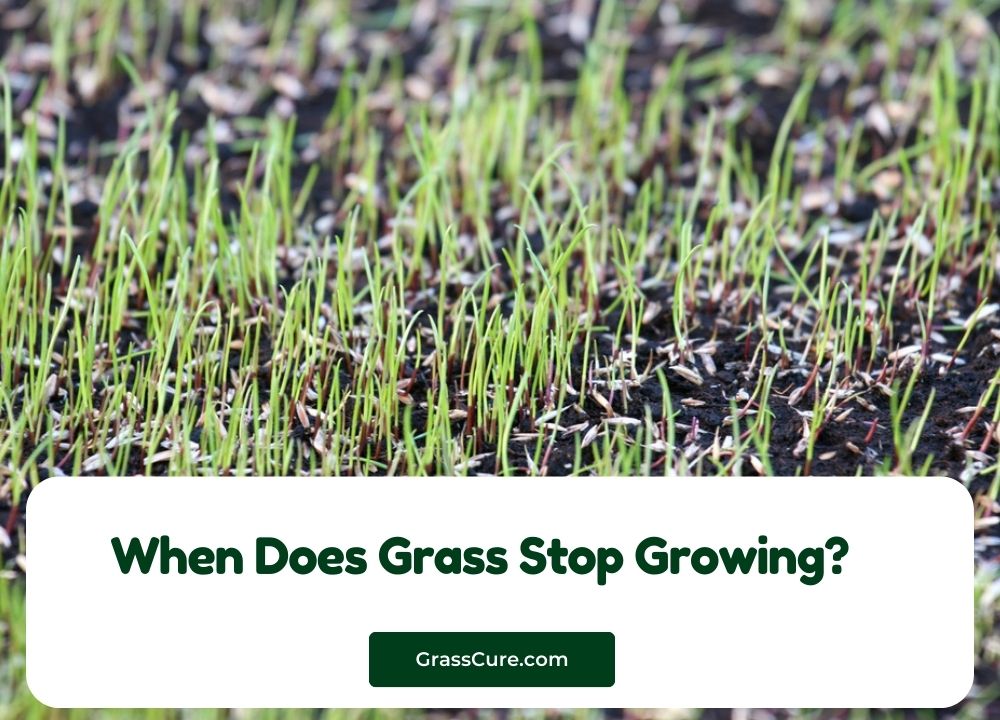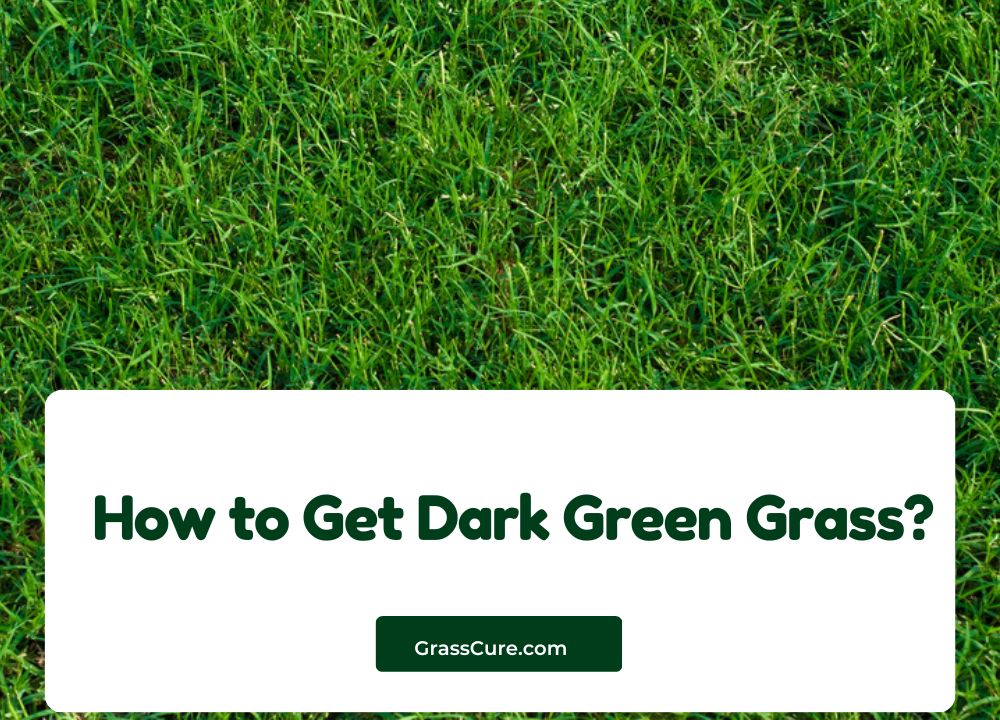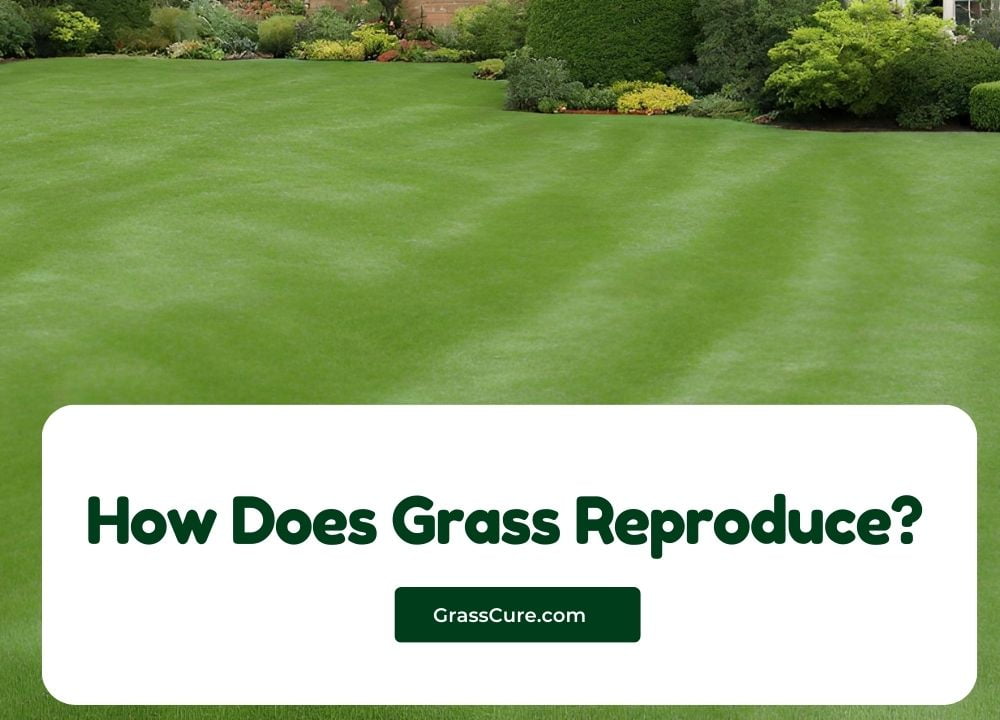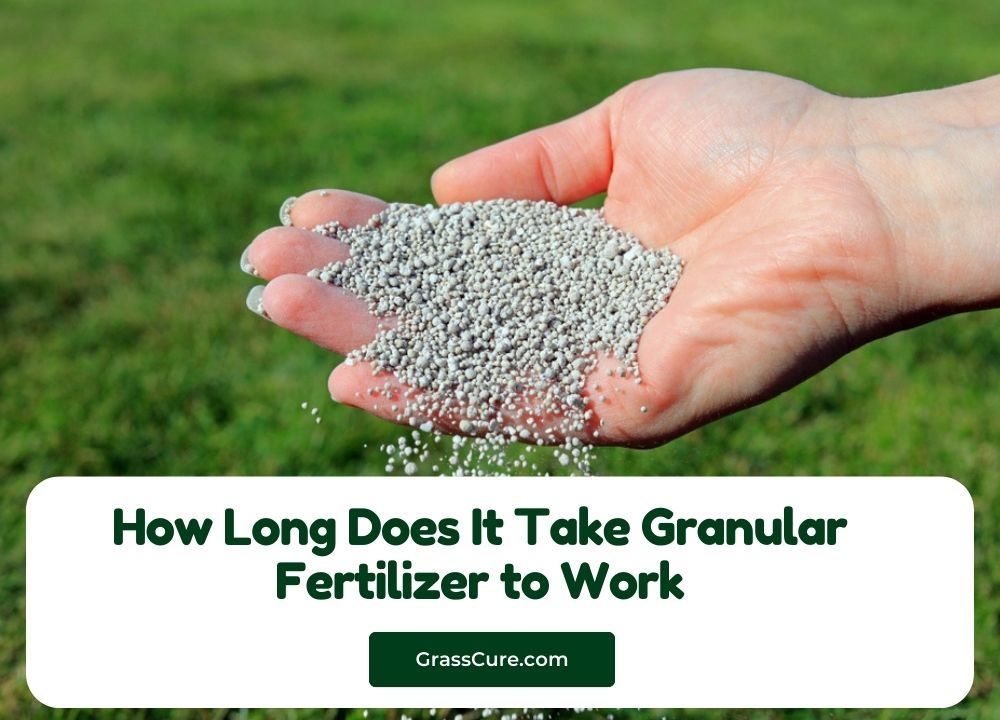Grass is more than just a decorative element in our yards; it plays a crucial role in our ecosystems, providing habitat for wildlife, preventing soil erosion, and enhancing air quality. Understanding when grass stops growing is essential for maintaining a healthy lawn and ensuring its longevity. Various factors influence grass growth, including climate, soil conditions, and the type of grass. This blog post explores the growth cycles of grass, helping you recognize when to care for your lawn and prepare for seasonal changes. Whether you’re a seasoned gardener or a new homeowner, knowing when grass goes dormant will empower you to create a vibrant and thriving outdoor space.
When Does Grass Stop Growing
Factors Influencing Grass Growth
Grass growth is influenced by a variety of factors that interplay to determine how well and how quickly grass thrives in a given environment. Here are the key factors to consider:
1. Climate and Temperature
- Seasonal Changes: Grass growth is highly dependent on the seasons. Cool-season grasses, such as Kentucky bluegrass, thrive in spring and fall when temperatures are moderate, while warm-season grasses, like Bermuda grass, flourish in the heat of summer.
- Temperature Ranges: Each grass type has an optimal temperature range for growth. For example, cool-season grasses grow best when temperatures are between 60°F and 75°F, while warm-season grasses prefer temperatures between 80°F and 95°F.
2. Soil Conditions
Soil Temperature: Soil must reach a certain temperature for grass seeds to germinate and for established grass to grow effectively. Typically, soil temperatures above 50°F are ideal for cool-season grasses, while warm-season varieties prefer temperatures above 65°F.
Moisture Levels: Grass needs adequate moisture to grow. Both overwatering and underwatering can impede growth. Proper drainage and irrigation are essential to maintain moisture levels in the soil.
Nutrient Availability: Grass requires essential nutrients such as nitrogen, phosphorus, and potassium. A soil test can help determine nutrient levels, allowing for tailored fertilization to support healthy growth.
3. Grass Type
- Species Variability: Different grass species have unique growth habits and environmental preferences. For example, fescue grasses are known for their drought resistance, while bluegrass thrives in cooler, moist climates.
- Adaptability: Some grasses are better suited for specific regions or soil types, affecting their growth potential. Understanding the characteristics of your grass type can help you optimize care and maintenance.
Grass Growth Timeline
Understanding the timeline of grass growth is essential for effective lawn care and maintenance. Different grass types have distinct growth patterns throughout the year, influenced by seasonal changes. Here’s a breakdown of the grass growth timeline:
1. Spring Awakening
- Characteristics: As temperatures begin to rise and daylight hours increase, grass emerges from dormancy. Cool-season grasses typically start to grow in early spring when soil temperatures reach around 50°F.
- Growth Activity: Grass enters its most vigorous growth phase, developing new shoots and lush green color. This is the ideal time for fertilization and aeration to promote healthy growth.
2. Summer Peak
- Characteristics: In late spring and throughout summer, warm-season grasses reach their peak growth. Temperatures soar, providing optimal conditions for grasses like Bermuda and Zoysia.
- Growth Activity: Grass grows rapidly during this period, requiring regular mowing and adequate watering. It’s important to manage stress factors, such as heat and drought, by maintaining proper irrigation and avoiding over-fertilization.
3. Fall Transition
- Characteristics: As temperatures begin to cool in early fall, both warm-season and cool-season grasses experience changes in growth patterns. Cool-season grasses again become active, while warm-season varieties may slow down.
- Growth Activity: This is a critical time for lawn care; aeration, overseeding, and fertilization can help prepare the lawn for winter. Grass continues to grow until temperatures drop significantly.
4. Winter Dormancy
- Characteristics: In winter, most grasses enter a state of dormancy due to cold temperatures and reduced daylight. Cool-season grasses may remain somewhat active in milder climates but generally stop growing.
- Growth Activity: Dormancy is not the same as death; grass stops growing but retains its roots and structure. This period allows grass to conserve energy and resources until the warmer months return.
Signs Grass Is Stopping Growth
Recognizing when grass is stopping growth is crucial for effective lawn care. Various visual and environmental indicators can signal that your grass is entering a dormant phase or experiencing stress. Here are some key signs to watch for:
1. Visual Indicators
- Color Changes: One of the most noticeable signs is a change in color. Healthy grass is typically vibrant green. When grass starts to stop growing, it may turn yellow or brown, indicating stress or dormancy.
- Texture Changes: Grass that feels dry and brittle is often a sign that it is not growing well. A healthy lawn should feel soft and resilient to the touch.
- Thin Patches: If you notice thinning areas or bare spots developing, this could indicate that the grass is struggling to grow. These patches often occur due to inadequate moisture, nutrient deficiency, or pest issues.
2. Soil and Root Health
- Soil Temperature: Measuring the soil temperature can provide insight into grass growth. If the soil is too cold for your grass type (e.g., below 50°F for cool-season grasses), growth will slow significantly.
- Root Development: Healthy grass has a strong root system. If you pull up a handful of grass and the roots are shallow or weak, it may indicate that the grass is not growing properly. This can result from poor soil conditions or lack of nutrients.
3. Reduced Growth Rate
- Mowing Frequency: If you find that you’re mowing less frequently and the grass isn’t growing as quickly, it’s a sign that growth has slowed down. During peak growing seasons, grass typically requires regular mowing to maintain a healthy height.
- Diminished Leaf Production: Grass that stops producing new leaves or shoots is a clear indicator of reduced growth. This can occur due to environmental stressors such as drought or extreme heat.
4. Environmental Factors
- Drought Conditions: Extended periods without rain can lead to water stress, causing grass to enter dormancy. Monitor local weather conditions to assess potential drought impact.
- Seasonal Changes: As temperatures drop in the fall, many grasses naturally slow their growth in preparation for winter dormancy. Recognizing this seasonal shift can help you anticipate changes in your lawn.
Care and Maintenance
To ensure your grass remains healthy and vibrant throughout its growth cycle, proper care and maintenance are essential. Here are some key practices to follow for optimal lawn care:
1. Seasonal Lawn Care
- Spring Care:
- Fertilization: Apply a balanced fertilizer to provide essential nutrients as grass begins to grow. This boosts early growth and helps establish strong roots.
- Aeration: Aerate the soil to relieve compaction, allowing water and nutrients to penetrate deeper. This is especially important for high-traffic areas.
- Summer Care:
- Mowing: Keep the grass at an appropriate height (generally 2.5 to 3.5 inches) to promote healthy growth and reduce heat stress. Mow regularly to maintain this height.
- Irrigation: Water deeply and less frequently to encourage deep root growth. Aim for about 1 to 1.5 inches of water per week, adjusting based on rainfall.
- Fall Care:
- Overseeding: If your lawn has thin patches, consider overseeding with a suitable grass type to fill in bare areas and improve density.
- Fertilization: Apply a fall fertilizer high in potassium to strengthen roots and prepare the grass for winter.
- Winter Care:
- Minimal Foot Traffic: Avoid heavy foot traffic on dormant grass to prevent damage. Snow cover can protect grass from harsh winter conditions.
- Clean Up Debris: Rake up leaves and other debris to prevent mold and disease during the winter months.
2. When to Fertilize
- Timing: Fertilization should align with the growth cycles of your grass type. For cool-season grasses, fertilize in early spring and fall. For warm-season grasses, fertilize in late spring and summer.
- Type of Fertilizer: Choose slow-release fertilizers to provide nutrients over time, reducing the risk of nutrient runoff and promoting steady growth.
3. Watering Techniques
- Frequency and Amount: Water deeply once or twice a week, allowing the soil to dry slightly between watering sessions. This encourages deep root development.
- Time of Day: Water early in the morning to minimize evaporation and prevent fungal diseases. Avoid watering in the evening when grass stays damp longer.
4. Pest and Weed Control
- Regular Inspections: Keep an eye out for signs of pests or disease, such as discoloration, wilting, or unusual growth patterns. Early detection is crucial for effective treatment.
- Weed Management: Use pre-emergent herbicides in early spring to prevent weed growth. Hand-pull weeds or spot-treat with selective herbicides as needed throughout the growing season.
Conclusion
Understanding when grass stops growing and the factors that influence its growth is crucial for maintaining a healthy lawn. By recognizing the seasonal growth cycles, visual indicators of stress, and the appropriate care techniques, homeowners can create an environment where grass thrives. Regular maintenance—such as fertilization, proper watering, and pest control—ensures that your lawn remains vibrant and resilient throughout the year. Whether you’re nurturing a lush green yard or preparing for winter dormancy, being proactive in your lawn care routine will help you achieve a beautiful and sustainable outdoor space. Embrace the knowledge of grass growth patterns to optimize your lawn care practices and enjoy the beauty of a healthy lawn for years to come.






